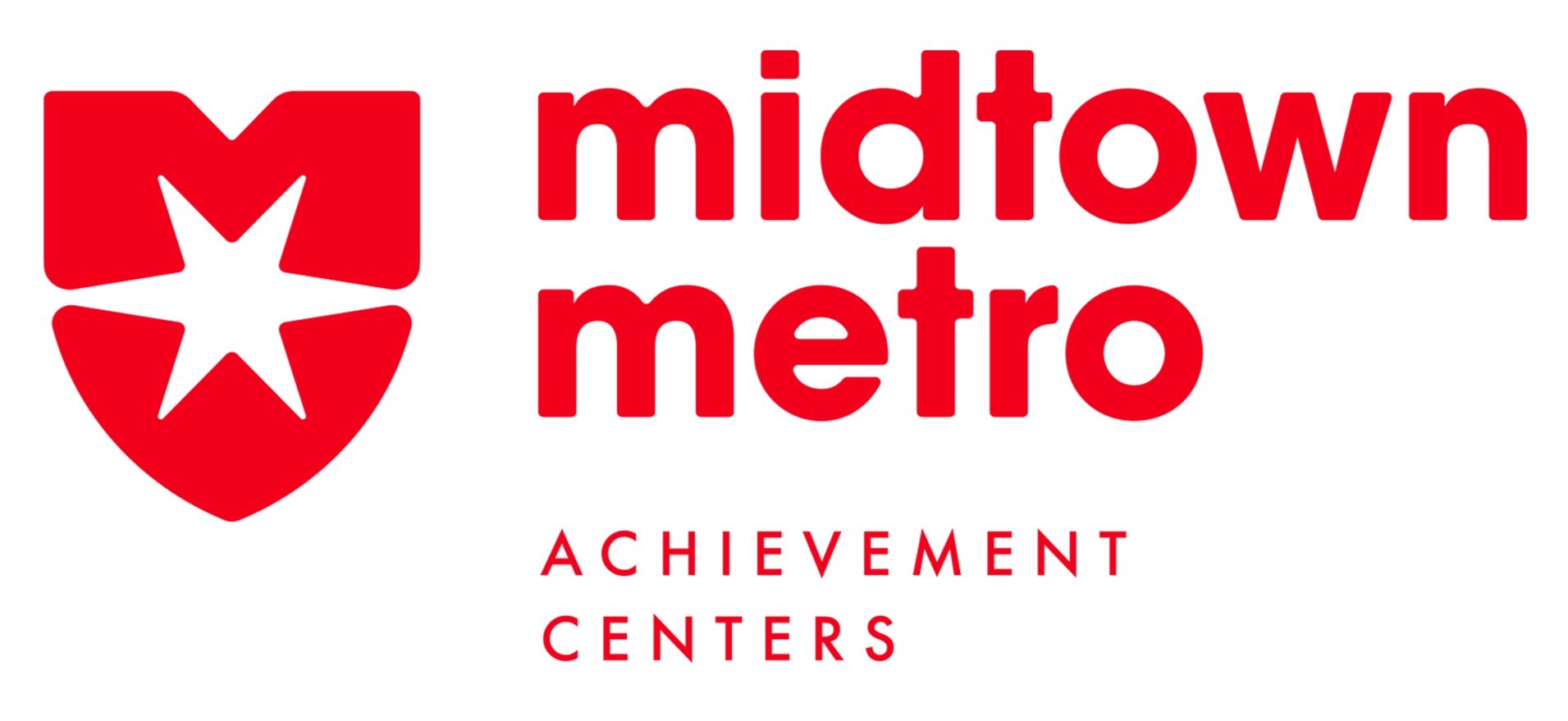A Morning Devoted to Mentoring
“The need for mentoring programs is indisputable,” writes Phillip Levine, professor of economics, Wellesley College, in a 2014 study for the Brookings Institution. “Over 30 percent of children live in households headed by a single parent (or no parent), a rate that has doubled over the past forty-five years. Estimates indicate that upwards of nine million children have no caring adults in their lives.”
With that reality in mind, Glenn Wilke, executive director, Midtown Educational Foundation, recently convened a panel of five fellow leaders representing Chicago area organizations that annually mentor thousands of disadvantaged youngsters. The audience of more than 100 was a mix of individuals representing corporate and civic interests. And while the broad theme for the panel was “Mentoring Chicago’s Youth for Success”, certainly a sub-theme could easily have been, “With More Civic and Corporate Help, We Can and Should Do More.”
Moderated by Laura Washington, Chicago Sun-Times columnist, and hosted by the Union League Club of Chicago, the panel also included Adolfo Hernandez, deputy director of the Mayor’s Office of Public Engagement: Margie Morris, executive director, Illinois Mentoring Partnership; Art Mollenhauer, CEO, Big Brothers and Big Sisters of Metropolitan Chicago; Terry Hendrickson, president, Union League Club Boys & Girls Foundation; Maria Barrios, PepsiCo, volunteer mentor; and Wilke.
The organizations collectively have mentored tens of thousands of youngsters through the years, and each has its own approach: sometimes it is just listening, sometimes it is more proactive (such as preparing resumes; letters of application; helping with homework and—as in the case of MEF—parental mentoring). But the thread that runs both true and through is that of caring.
“That is where you have to start,” said Wilke. “From my own experience as a mentor, I learned early on that you will never break through to a youngster until they are convinced that you care. It is not about just showing up, it is not about just following a process. I can guarantee you, if you don’t show you care, a child won’t either.”
Part of that caring shows in the selection of mentors for what Mollenhauer of Big Brothers Big Sisters, called “cultural fit.” “We have a strict screening process for mentors,” said Mollenhauer, “usually it starts with personal referrals. Because ours is site-based mentoring, we have to make sure our mentors are as comfortable being south of the ‘606’ zip code as they are north of it. Two blocks makes a big difference.”
To be sure, all of the organizations have their own means of defining success—both quantitative and qualitative.
But one unique perspective came from audience member Ezell Smith, a counselor with the Cook County Juvenile Detention Center, when he took the mic at the Q&A.
“What you are doing,” said Smith “is changing lives. And sometimes, at the very least, it is changing perceptions of how those you mentor view people with light skin. Mentoring melts many of the misperceptions of race.”
And that, as every mentor knows, goes for both sides of any racial divide.

